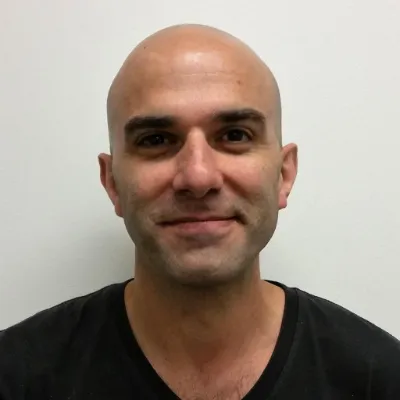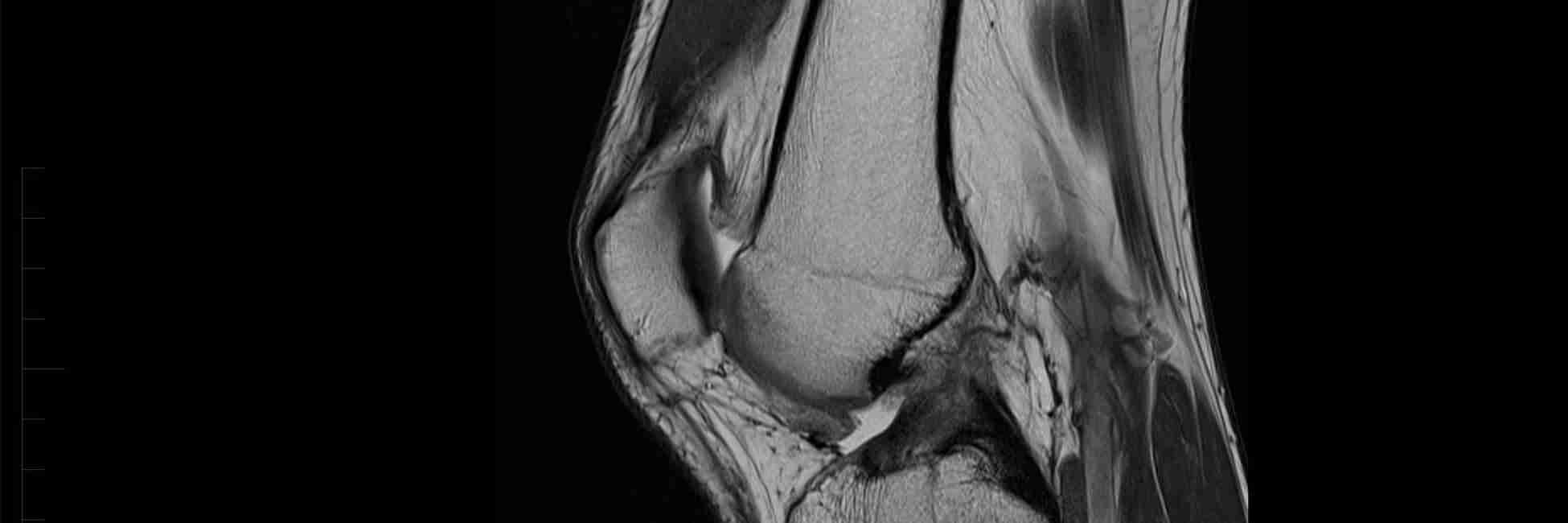Magnetic resonance imaging or the ‘MRI’ is often the go to by many in the medical world given it’s name as the ‘gold standard’ in detecting muscle, ligament, bone, and cancerous structures.
MRI, along with x-rays, ultrasounds, bone scans, CT scans and many more have become a common diagnostic tool in the medicine. They give us an amazing ability to see what’s happening on the inside.
Unfortunately the MRI has taken away from a lot of the high end clinical decision making processes that physiotherapists, doctors and other allied health practitioners need to make.
This is seen at it’s worst at the high end of sport when practitioners and doctors are ordering imaging on the slightest niggles just because these clubs have $$$ to be able to afford it. It makes 50% of the Doctor’s role at clubs wasted where by they no longer need to diagnosis.
You see, the MRI is the ‘gold standard’ yet recent studies have shown that 37% of 20 year olds and 96% of 80 year olds without lower back pain symptoms have had MRI’s show disk degeneration. MRI’s can reveal abnormalities that aren’t actually the cause of your symptoms.
They can provide us with valuable information in guiding diagnosis and further treatment, but often they don’t give us the answers. There has been shown to be a HUGE variance in some radiologist reports of the same scans, with many different ways of interpreting the one image. Not to mention the hefty $300+ fee that comes with getting each MRI completed.
So the MRI scan didn’t come back with the results you and your medical team treating you were after? It is quite often the time to go back to the health team and use subjective and objective assessment – the signs and symptoms and treat the impairments from here.
MRI scans can take the skill away from practitioners which leads to the over-imaging phenomenon we are experiencing.
Written by
Pete Colagiuri
Sports Physiotherapist
Pete has over 20 years experience as a Physiotherapist and specialises in running biomechanics and complex injuries. He believes that you must identify and fix the underlying cause of an injury, to recover faster, prevent recurrences and improve performance.


